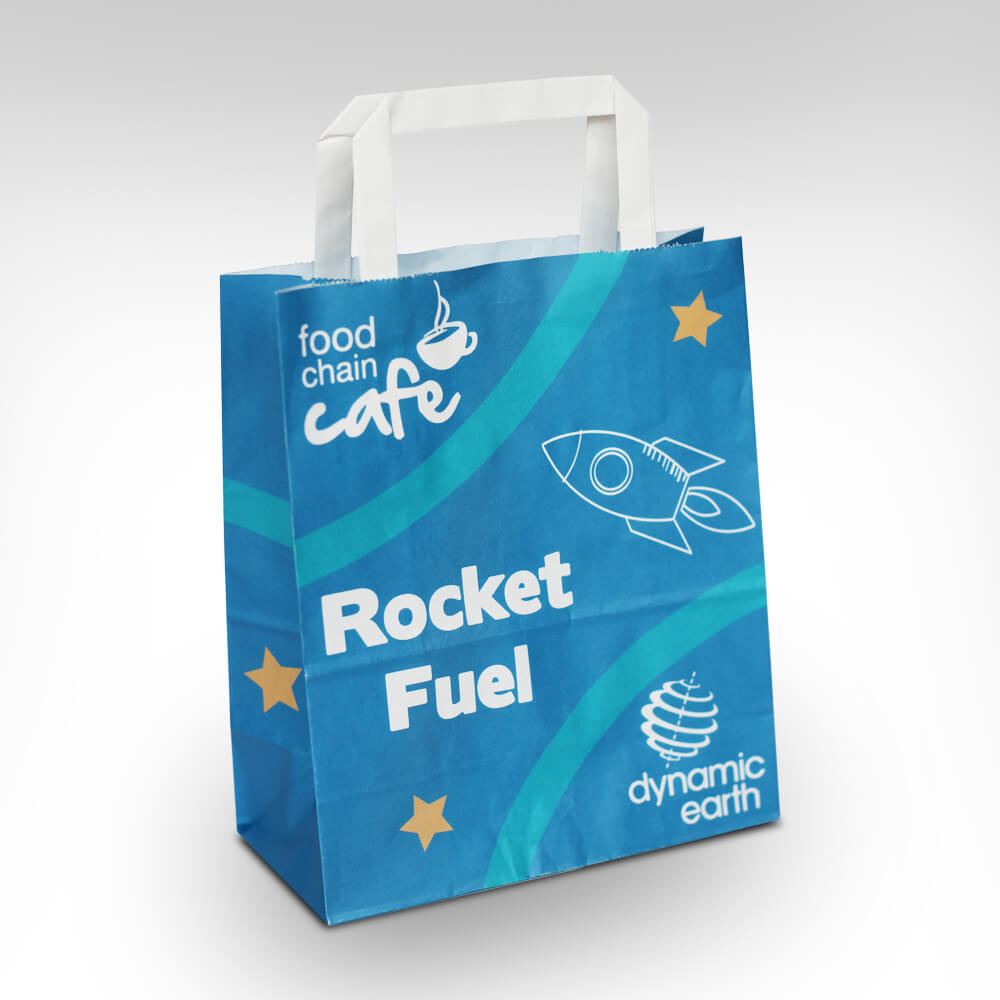The Role of Manufacturers in the Folding Carton Industry
Folding cartons are pivotal in the packaging industry, serving as versatile solutions for a myriad of products ranging from food items to pharmaceuticals. The manufacturer of folding cartons plays an essential role in both the production process and the overall marketplace dynamics. Their significance extends beyond mere production, impacting sustainability, innovation, and consumer engagement.
Understanding Folding Cartons
Folding cartons are paperboard boxes that can be easily folded flat for efficient storage and transportation. Once filled, they can be assembled and used to house consumer goods, providing an effective barrier against environmental factors, a canvas for branding, and a means of convenience for consumers. Their lightweight and compact nature makes them an eco-friendly alternative to more rigid packaging solutions.
The Manufacturing Process
The manufacturing of folding cartons involves several detailed steps. It starts with sourcing raw materials, primarily paperboard, which can be either recycled or virgin depending on the product requirements. Manufacturers invest in high-quality materials to ensure product integrity and consumer safety.
The next phase involves printing, cutting, and creasing. Advances in printing technologies, such as digital printing, allow manufacturers to produce intricate designs with high precision at lower costs. This capability enables brands to run short production runs or special promotions without the financial burden associated with traditional printing methods.
Once printed, the cartons are cut and creased with precision machinery, ensuring that they can be folded correctly for assembly. Quality control plays an indispensable part throughout this process. Manufacturers must ensure that the folds, cuts, and adhesive used meet stringent safety and quality standards to prevent malfunctions in the final product.
manufacturer of folding cartons

Innovations in Folding Cartons
As consumer preferences evolve, manufacturers are increasingly tasked with innovating their products. Trends such as sustainable packaging and smart technologies are reshaping the landscape of folding carton manufacturing. Many manufacturers are adopting sustainable practices by using biodegradable materials and reducing waste in their production processes. This move not only caters to the growing market demand for eco-friendly packaging but also enhances brand reputation among environmentally conscious consumers.
Furthermore, the integration of technology in folding cartons is gaining traction. Smart packaging, equipped with QR codes or RFID tags, enables manufacturers to provide additional information to consumers, such as product origins or usage instructions. This innovation not only enhances the consumer experience but also allows brands to engage directly with their customers, fostering brand loyalty.
The Economic Impact
The folding carton industry is a significant contributor to the economy. With the rise of e-commerce and retail sectors, the demand for effective packaging solutions continues to grow. Manufacturers provide job opportunities and support local economies, while also driving innovation and sustainability within the sector.
However, the industry faces challenges, including competition from alternative packaging solutions and fluctuating raw material prices. Successful manufacturers are those who adapt to these changes by optimizing their production processes, investing in research and development, and understanding market trends.
Conclusion
The role of the manufacturer of folding cartons extends far beyond production; they are key players in the packaging ecosystem, facilitating innovation and sustainability while catering to consumer needs. As the marketplace evolves, manufacturers must continue to adapt, ensuring that they remain relevant and competitive. Ultimately, the future of folding cartons appears promising, driven by the commitment of manufacturers to excellence and innovation in packaging solutions.



